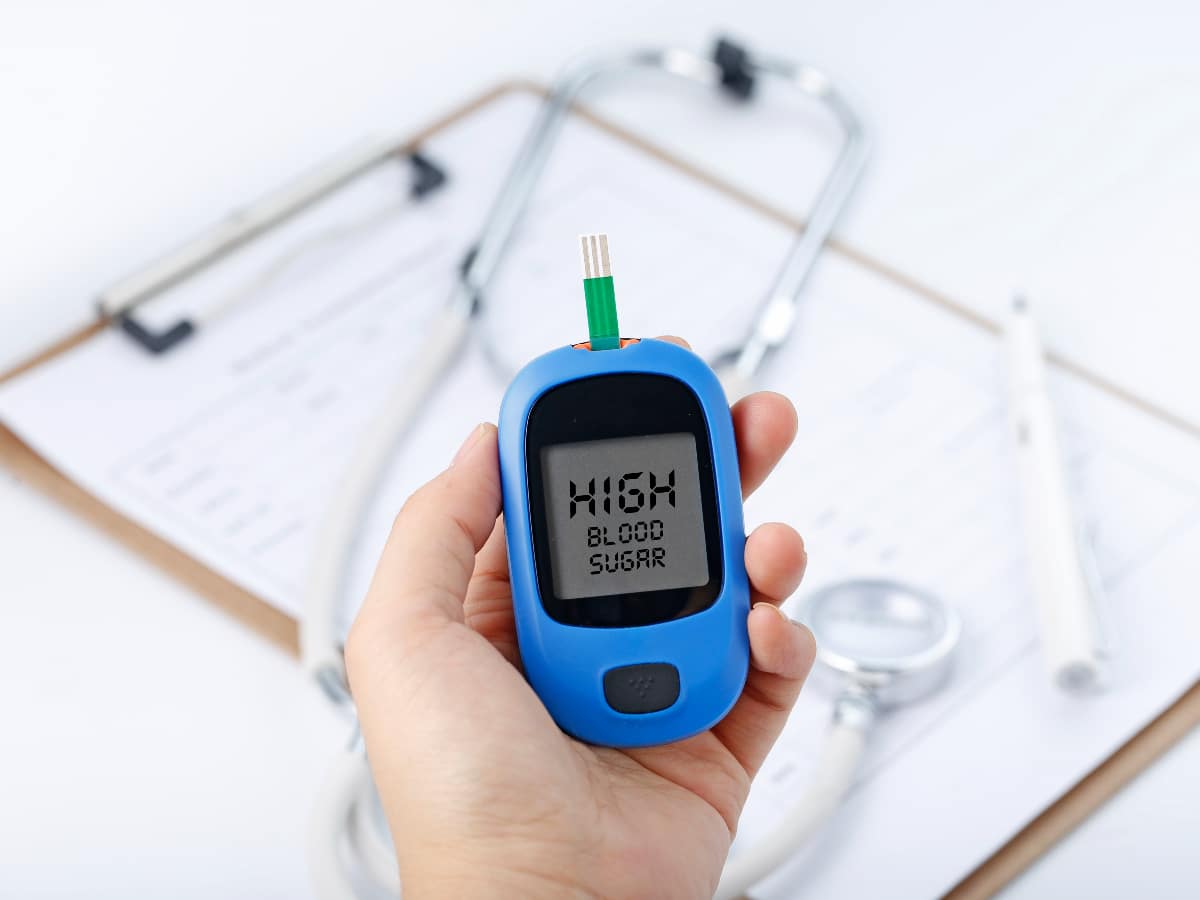Donating Blood Reduces One’s Immunity: Is This True? Continue reading to find out.
 It’s World Blood Donor Day 2022 today. Here are some advantages of blood donation and myths you need to stop believing.
It’s World Blood Donor Day 2022 today. Here are some advantages of blood donation and myths you need to stop believing.
Donating Blood Reduces One’s Immunity: Is This True?
Donated blood can be lifesaving for persons who have lost large amounts of blood because of serious accidents, new medical and surgical procedures, civil conflicts, and other medical emergencies and disasters such as wars, etc. as well as for patients who have become severely anaemic because of serious hematological diseases or treatments such as cancer therapy. Therefore, availability of blood is an important concern to the society.
“One of the valuable contributions that an individual can do towards his society is blood donation. Though its importance is at peak at every second of human life, it is always neglected due to lack of awareness among people and various dark myths covering the sparkling facts that it is a life-giving process to a person who is just about to give up his fight against death,” said Dr. Mubasheer Ali, Senior Consultant, Apollo Telehealth.
On the occasion of World Blood Donor Day 2022, Dr. Ali has reminded people the advantages of blood donation, as well as busted some common myths associated with this life-giving process.
Advantages of blood donation
Encouraging people to donate blood, Dr. Ali pointed out some amazing benefits of becoming a blood donor. These are –
- Production of new blood cells begins soon after one donates blood. It is a body mechanism to replenish the lost blood volume and cells during donation.
- Functioning and efficacy of Haemopoietic system and Cardiovascular system is enhanced.
- Many studies have suggested that donating blood regularly reduces risk of various types of cancer.
- After donation of blood, the donor is provided with the screening test results of the blood received from him. The donor can get an overall idea of his health from the screening test result.
- Donor is also given a Certificate as a Valuable donor for his participation in blood donation.
Dr. Ali noted, “The proud feeling and joy of saving a life is bliss. It cannot be replaced by any sort of happiness in the world.”
Myths and facts about blood donation
Below, Dr. Ali has busted some of the common myths around blood donation, with the facts.
Myth 1: Donating blood is a painful process.
Fact: The pain experienced is not more than a needle prick sensation and pain subsides soon after the needle is removed.
Myth 2: Blood donation is a time-consuming process.
Fact: Blood donation takes not more than 45 minutes including your general health check-up prior donation and post donation rest period with time to sip your complimentary juice provided to balance your fluid loss in the body.
Myth 3: Too much blood is taken by some blood banks which is harmful for the donor.
Fact: A fixed volume of blood i.e. 350ml-380ml of blood is taken per session from a donor. It does not vary from one blood bank to another.
Myth 4: I don’t have a muscular body/well-built body to donate blood.
Fact: One need not have a well-built muscular body to donate blood. One should have a hb gm% of more than 12gm% in males & more than 11gm% in females with good general health.
Myth 4: I am 20 years old, am I eligible for blood donation?
Fact: Person aged above18 years and below 60 years is eligible for donating blood.
Myth 5: One should take complete rest at least for a day to feel better after donating blood.
Fact: No, rest of 15-20 min with adequate fluids taken orally is sufficient for a person to feel better after donating blood.
Myth 7: People tend to have giddiness after donating blood.
Fact: Lack of rest (15-20min) and adequate fluid intake can cause mild giddiness in few donors. This can be warded off with sufficient fluid intake and rest post blood donation.
Myth 8: Donating blood reduces one’s immunity.
Fact: No, donating blood doesn’t reduce one’s immunity.
Myth 9: One might contact deadly diseases during blood transfusion.
Fact: No, blood donation is totally healthy as it is done under aseptic conditions and doesn’t cause any disease.
Myth 10: Non-vegetarians can donate blood frequently as they consume meat.
Fact: No, irrespective of diet, a person can donate blood once in 120 days (3 months). A healthy individual can donate blood up to 4 times a year.
Myth 11: One should avoid jogging, sports, and other physical exercises after donating blood.
Fact: No, blood donation doesn’t interfere in one’s ability to perform physical activities. The donor can resume his all activities the same day once he feels comfortable after taking sufficient rest for 15-20 minutes.
What can be done to encourage more people to become blood donors?
Dr. Ali said, “Blood donation is remarkably safe medical procedure. However, attitudes, beliefs, and level of knowledge are affecting it. More educational programs to increase the awareness in specific targeted populations and also to focus on some motivational factors are recommended. Increase in the level of awareness and positive attitude towards blood donation is the highest priority of all blood transfusion centres. The initial step for achieving this goal is to perform comprehensive studies measuring the current situation of awareness, knowledge, beliefs, and both positive and negative attitudes of the population towards blood donation. The public should know that all measures besides screening tests are implemented by blood banks to ensure that blood donation is safe for donors and that transfusion of the donated blood is safe for recipients.”
“Increase in the level of awareness of women, young people, and students needs to be the topmost priority and barriers to donation by women, who comprise about 50 per cent of society, should be evaluated by future studies.”
Further, he added that more innovative factors for blood donation such as one day off and mobile donation caravans in public areas should be supported.
So, be a donor and promote people around you to donate blood by creating awareness among them to give life and save life by donating blood.









